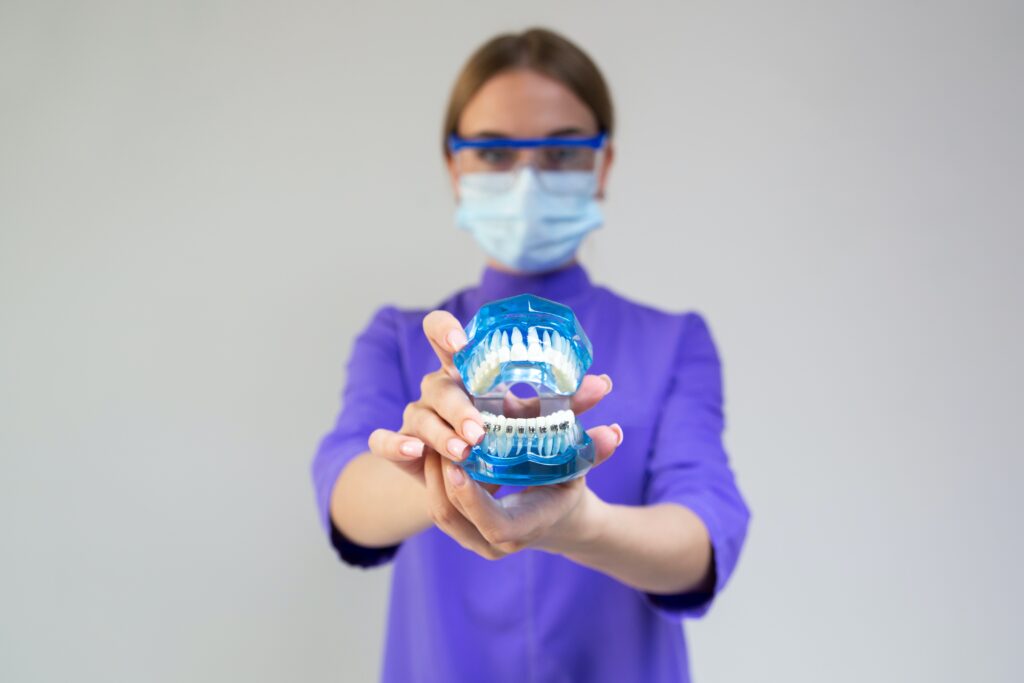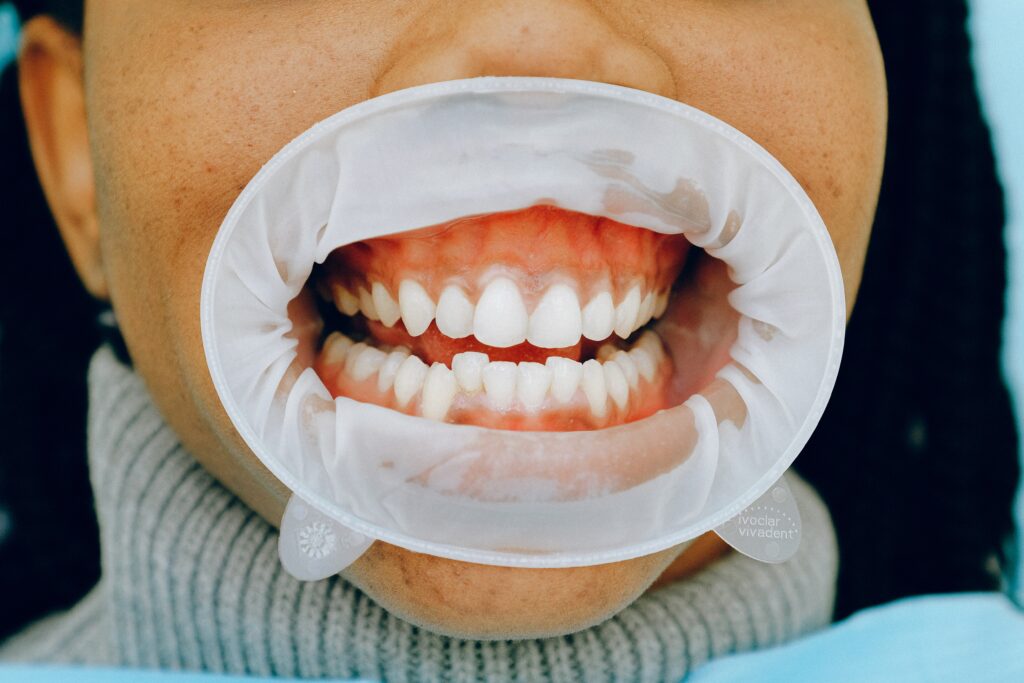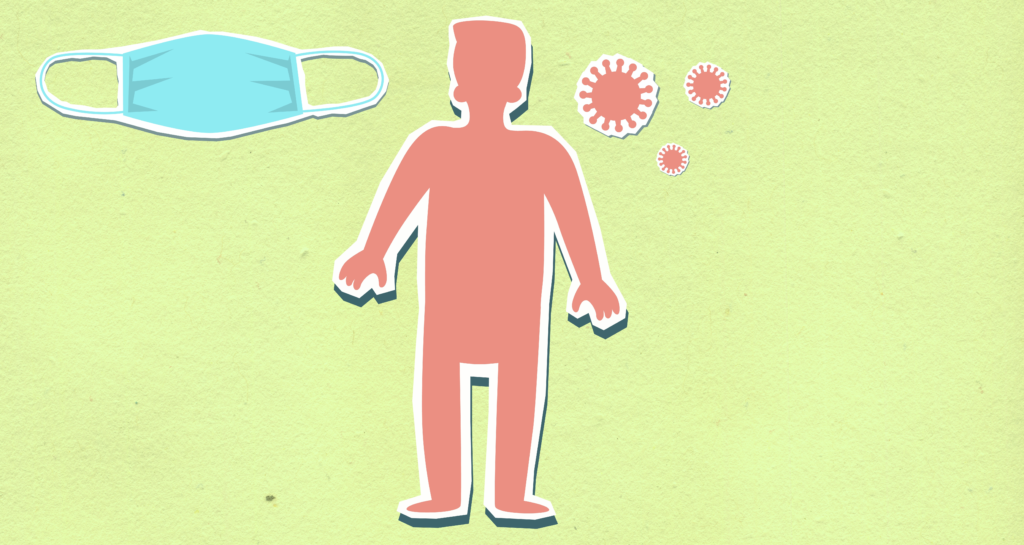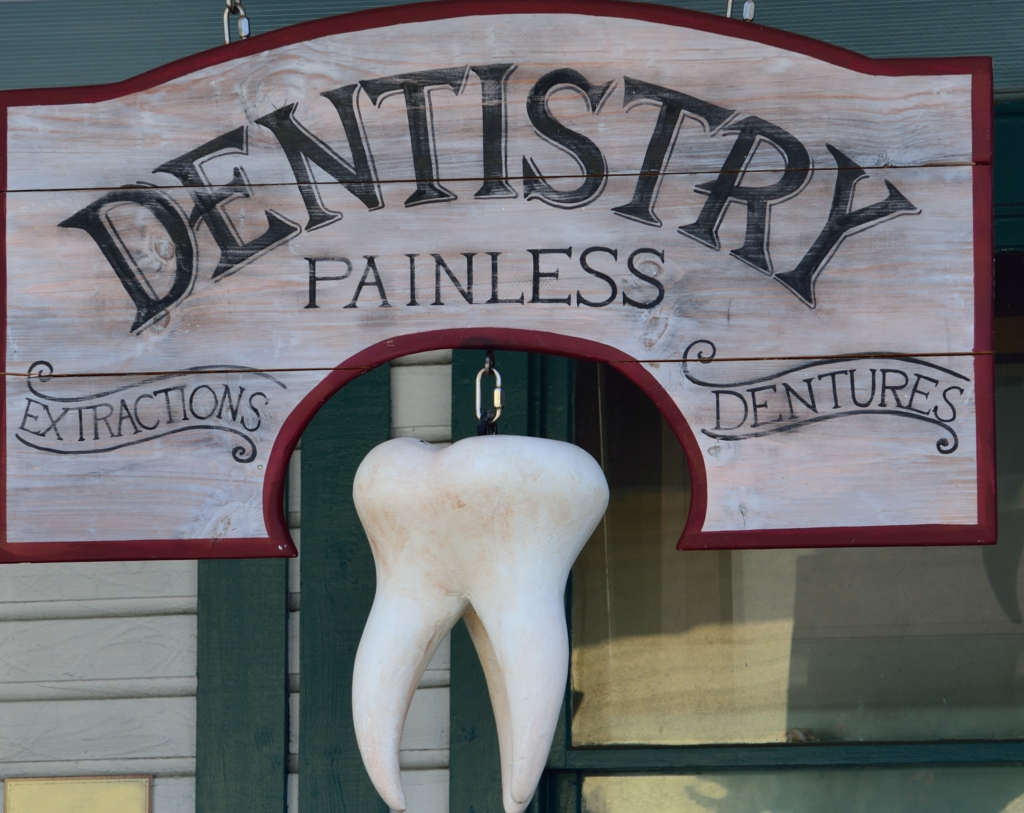
Introduction

Oral hygiene is a vital component of good health and well-being. This significance becomes even more pronounced as we age. Maintaining oral health becomes essential for various reasons as individuals enter their golden years.
In this article, we will delve into the importance of oral hygiene for older adults.We will also explore Why taking care of one’s teeth and gums is beneficial and necessary to lead a healthy and fulfilling life.
Understanding Oral Health
Before we delve into the specific reasons why oral hygiene is vital for seniors, we must grasp the concept of oral health. The state of someone’s teeth, gums, tongue, and other oral tissue is referred to as their oral health.
It encompasses practices to prevent oral diseases, such as cavities, gum disease, and bad breath. Additionally, significant medical conditions like diabetes and heart disease can be increased by Poor dental health.
Common Dental Problems in Seniors

As people age, they become more susceptible to specific dental issues. Significantly, these issues can impact their quality of life.
Some common dental problems that seniors often encounter include:
a) Tooth Decay
Cavities are not just a concern for children. Seniors can develop tooth decay due to dry mouth, weakened enamel, and dietary habits. Regular brushing, flossing, and dental check-ups are essential to prevent cavities.
b) Gum Disease
Periodontal disease and gum disease are synonymous terms. The gums and the tissues that support the teeth are both impacted by gum disease, also known as gum illness.

If it is not treated right away, tooth loss may result. Good oral hygiene habits can be helpful in gum disease.
c) Tooth Sensitivity
Seniors may experience tooth sensitivity.This insensitivity increase due to receding gums and worn enamel. Using toothpaste designed for sensitive teeth can alleviate discomfort.
d) Dry Mouth
Many medications commonly taken by seniors can cause dry mouth, which increases the risk of cavities and gum disease. Staying hydrated and using saliva substitutes can help combat dry mouth.
e) Oral Cancer
Older adults are at higher risk of developing oral cancer. Regular dental check-ups can aid in early detection and treatment.
Impact of poor oral hygiene on Overall Health
Maintaining good oral hygiene isn’t just about preventing dental problems; it also directly impacts overall health. The mouth is a gateway to the body, and oral health is closely linked to systemic health. Poor oral hygiene can contribute to or exacerbate various health issues, such as:
a) Cardiovascular Disease
Research suggests a potential link between gum disease and heart disease. Gum disease-related bacteria can go into the circulation and cause cardiovascular issues.
b) Diabetes
Diabetes and gum disease often go hand in hand. Gum diseases are caused by bad habits, which, if poorly managed, can lead to diabetes and vice versa. Managing oral health is crucial for controlling diabetes.
c) Respiratory Infections

Particularly in older adults with weakened immune systems, bacteria from mouth infections can be aspirated into the lungs and increase the risk of pneumonia and other respiratory diseases.
d) Cognitive Decline
Some studies have indicated a potential connection between poor oral health and cognitive decline, including Alzheimer’s.
Maintaining Independence and Quality of Life
Speaking clearly and eating comfortably are important for seniors to keep their independence and have a great quality of life. Dental issues like missing teeth or loose dentures might hamper these vital processes.
Seniors who maintain good oral health and receive regular dental exams can continue to consume a balanced diet and participate in social activities without feeling self-conscious.
Good oral hygiene prevents Tooth Loss
Tooth loss is a common issue among older adults, and it can have far-reaching effects beyond the obvious aesthetic concerns. Missing teeth can lead to changes in facial structure.Also it lead to difficulty speaking, chewing, and decreased self-confidence.
By practicing good oral hygiene, seniors can reduce the risk of tooth loss and its associated complications.
Tips for Seniors to Maintain Oral Hygiene
Here are some practical and easy-to-follow tips that old ones can incorporate into their daily routine to maintain optimal oral hygiene:
a) Brush Regularly
Brushing teeth at least twice daily can help you to maintain oral hygiene. Fluoride toothpaste and a soft-bristle toothbrush are best to use. Pay extra attention to brushing along the gumline and the tongue’s surface.
b) Floss Daily
Flossing helps remove food particles and plaque between the teeth and the gum line. Consider using floss picks or interdental brushes if traditional flossing is challenging.
c) Stay Hydrated
To improve oral health, drinking plenty of water helps combat dry mouth.
d) Use Mouthwash
An antimicrobial mouthwash is the best option to reduce bacteria and improve breath freshness.
e) Maintain Dentures
If you wear dentures, clean them daily and remove them at night to give your gums a chance to rest.
f) Visit the Dentist

Regular dental check-ups are crucial for seniors. Your dentist can identify and address any issues before they escalate.
g) Healthy Diet

Consume a balanced diet of whole grains, fruits, vegetables, and proteins. Limit use of sugar, acidic foods and beverages can also help to maintain good oral hygiene.
Overcoming Challenges
Seniors may face unique challenges in maintaining oral hygiene, such as mobility or cognitive decline. Caregivers and family members can play a vital role in assisting seniors with their oral care routines. Dentists can guide adaptive devices or techniques to make oral hygiene easier for those with physical limitations.
Conclusion
Oral hygiene is a cornerstone of healthy aging. By prioritizing proper oral care, seniors can prevent dental problems, reduce the risk of systemic health issues, and enjoy an enhanced quality of life.
Simple daily practices, regular dental visits, and support from caregivers can collectively contribute to maintaining a radiant smile and overall well-being in the golden years.
Remember, it is always time to start practicing good oral hygiene habits and reaping their benefits.



